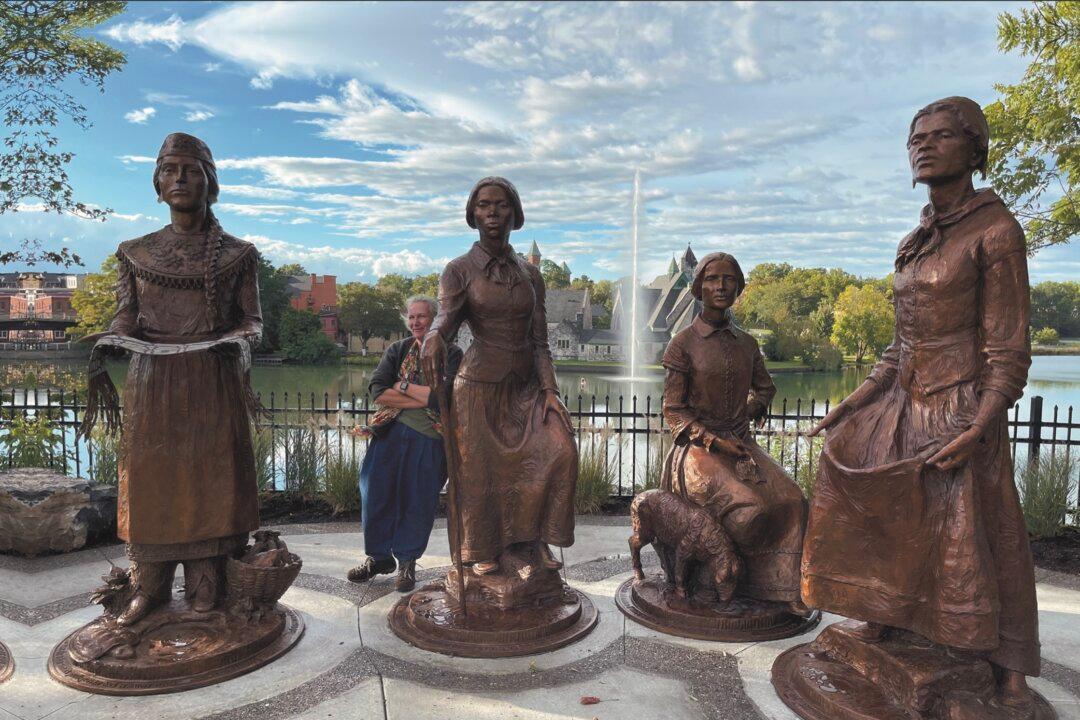Albert Einstein is best known for his outstanding contributions in the field of science. We can admire him for tackling unsolved mysteries in the realm of physics and making discoveries that changed the world, like the theory of relativity and the theory of quantum mechanics. To what does he ascribe his achievements? Einstein humbly summarized the source of his never-ending pursuit of knowledge in this short quote: “I have no special talent. I am only passionately curious.”
Echoing the thoughts of Einstein is author Héctor García, who advises us, “Be led by your curiosity, and keep busy by doing things that fill you with meaning and happiness,” His book “Ikigai: The Japanese Secret to a Long and Happy Life” describes what he learned when he visited certain communities in Okinawa known for their above-average number of centenarians. He and his team interviewed these citizens who enjoy long and happy lives. What was their secret? It came down to the usual formula, healthy exercise and diet. They also lived by the ikigai motto: keep busy doing meaningful activities, be socially active, and keep learning. The Japanese word, ikigai, means finding your passion and living it. It’s what gets you out of bed in the morning. For Okinawans, Einstein, and probably most of us, curiosity and passion seem to be the keys to a fulfilled life.





